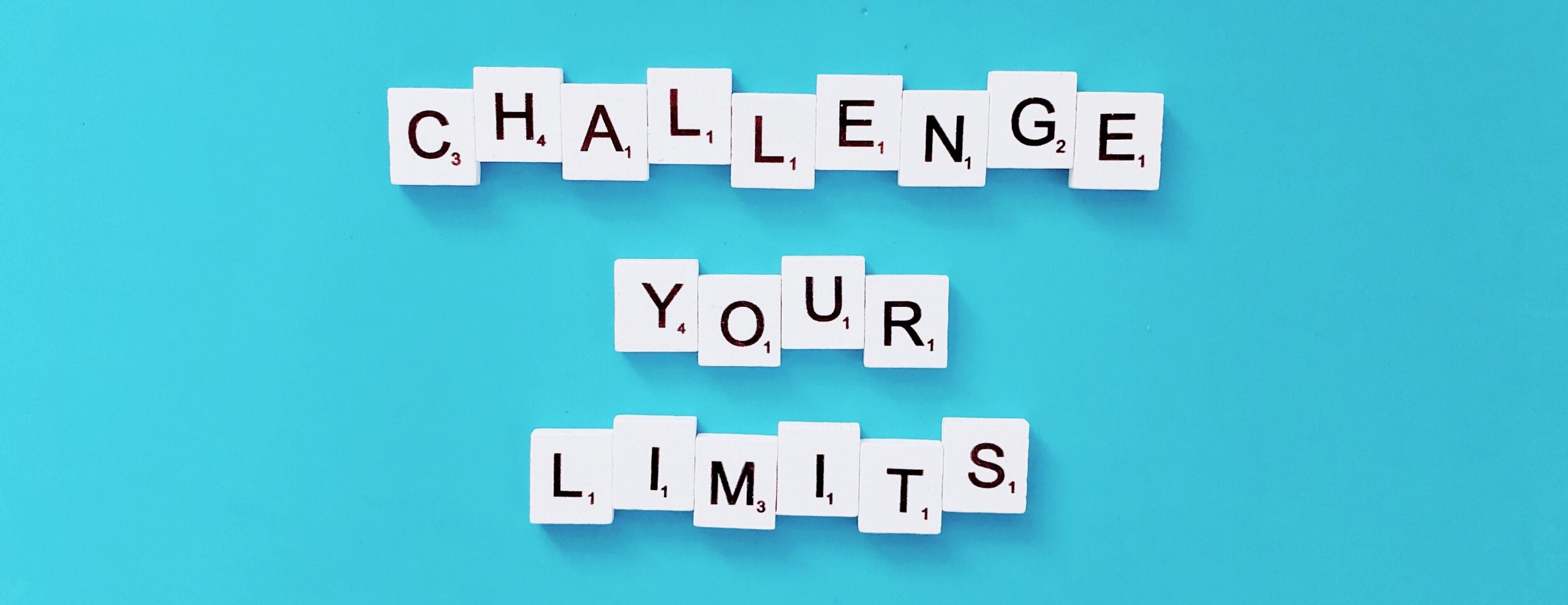We have all probably heard of the must-read by Nir Eyal about driving customer engagement and the theory why products capture our attention while others simply flop.
The question here is – Can you intentionally hook yourself on what you see as a socially- beneficial product without any external triggers? Or will you get trapped in consecutive “hook cycles” just as a hamster on a running wheel?
It is not surprising that we, humans, need a bit of a push, a trigger, to get us going. That is especially true when it comes to actions or behaviors that are not habitual and we need to be convinced the consequences won’t wreak havoc upon us.
In order for a trigger to serve its purpose we must have sufficient ability and motivation to undertake the action. This is what makes citizen participation such an unpredictable and often sloth-like process. There seem to be a lot of elements that need to align perfectly, so that we can eventually stand tall and say:” Enough! I am going to do something about this!” Our motivation for doing so might be different: we might be hoping our actions will prove beneficial and thus avoid the fear of a gloomy future ahead of us. Or we might seek social approval and gain the right to feel part of a group and not socially rejected.

However, I am sure you will agree, people don’t always do what they say. Many can openly support or report positive attitudes toward eco-friendly products but few actually follow through with their wallets. The Elusive Green Consumer quotes a recent survey in which “ 65% said they want to buy purpose-driven brands that advocate sustainability, yet only about 26% actually do so.”
There are 5 common approaches on how to encourage sustainable consumption
Harnessing the power of social influence is one of the most effective ways and by using “social norm” we once more confirm the necessity and strong desire we have to fit in and conform to the behaviors of those around us. Making a public statement about your commitment not only helps you stick to your plan, but also serves as a motivator to other more hesitant people. This is a good time to show your influencer skills!
Going back to “Hooked” by Nir Eyal, another action can be to shape good habits. First, of course, we need to nip bad habits from the bud, reshape our behaviors in such a way that the default option is the good one. Thus, the desired good action is made instantaneously easier and quicker to obtain. Setting the electricity consumption in your house at a lower mode by default, is a good start especially if you know any further change comes with additional charges.
Now you have begun with small actions, you can build to more meaningful ones. Here comes the leverage of the domino effect. We have often heard that the hardest part of any task is getting started on it in the first place. Whether you are an artist facing the blank canvas or in doubt if buying that energy-efficient cooker you saw at the shop is the best idea. The positive spillage or the snowball effect, helps us adopt one sustainable behavior and then another. It is all about starting!
Favor experiences over ownership– giving an experience makes both giver and receiver happier, leads to personal connections and cultivates more positive memories.

“ When a person buys a service, he purchases a set of intangible activities carried out on his behalf. But when he buys an experience, he pays to spend time enjoying a series of memorable events that a company stages- as in a theatrical play- to engage him in an inherently personal way.” (B. Joseph Pine and James H. Gilmore, The Experience Economy)
We, as users, play more active roles in today’s social and digital landscape. We can see how brands are more participatory and set the tone less. We use social media to build the meaning of brands and to conduct our own conversations around value and identity. We also have power to punish brands that have objectionable business practices, political views, or environmental policies.
The emotional or rational appeal. Research has found that hope and pride are particularly useful in driving sustainable consumption. We are a species that depends on one another and are driven by our connectedness with other people. When we observe the behavior of people most like ourselves or who are slightly more experienced (and therefore, role models), we are more likely to adopt a new behavior or act. The feeling of pride being praised as a little child for doing something socially good also reduces the anticipated future guilt if staying indifferent now.
We also seek a more personal form of gratification, pursuing a task brings a sense of conquering obstacles and satisfaction. That’s why it is unlikely we undertake a behavior unless we have a sense of self-efficacy – confidence that our actions will have a meaningful impact.
Having looked at different aspects of human behavior and the rationale behind our actions, the ball is now in your court. Can you get yourself “hooked” on a better and more sustainable future? You are free to accept or refuse the challenge !

References :
- Lupton, E. (2017): Design is Storytelling. Smithsonian Design Museum
- Eyal, N. (2019): Hooked. How to Build Habit-Forming Products. Penguin Business
- https://hbr.org/2019/07/the-elusive-green-consumer